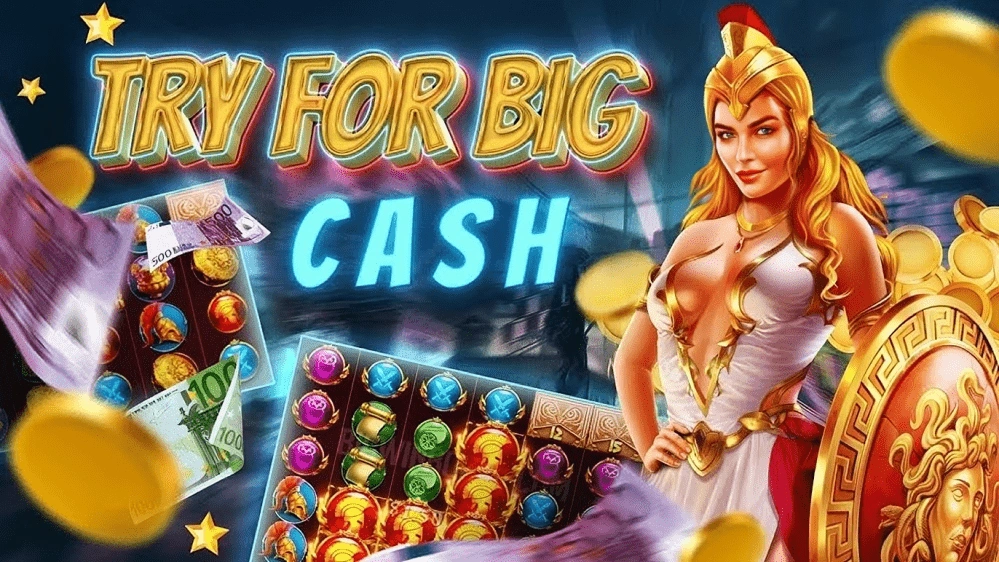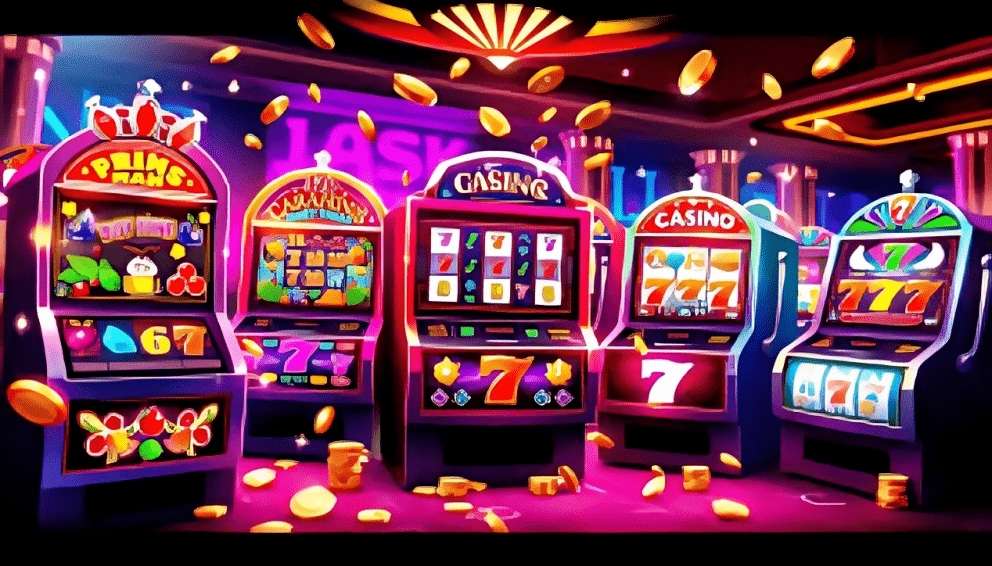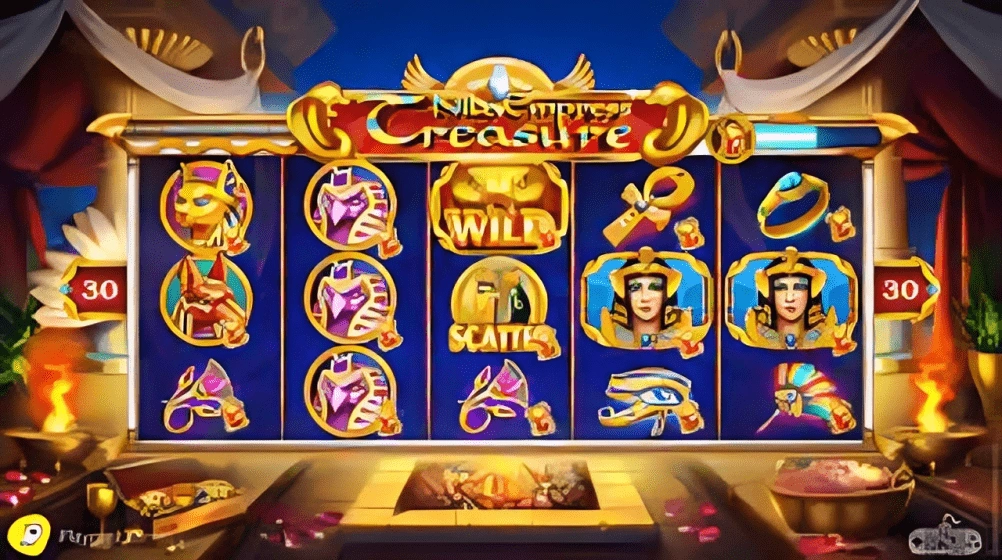December 6, 2025
No Comments
The world of video games is a sprawling, ever-evolving landscape, a digital tapestry woven with countless stories, challenges, and innovations. From humble pixelated beginnings to breathtaking cinematic epics, the quest for the “best games” is a journey through technological slot7000 marvels and creative triumphs. While individual preference always plays a role in defining greatness, certain titles and platforms have undeniably left an indelible mark on collective memory, shaping genres, inspiring creators, and providing millions with countless hours of unforgettable entertainment. Among the most influential platforms in this rich history are Sony’s PlayStation family of consoles and its groundbreaking portable sibling, the PSP, each responsible for delivering an astonishing array of games that frequently top lists of all-time greats.
When we talk about the best games, we’re often referring to titles that transcend mere entertainment, becoming cultural touchstones. These are the games that push boundaries, whether through revolutionary graphics, compelling narratives, innovative gameplay mechanics, or a combination of all three. They establish new benchmarks for what interactive experiences can achieve, drawing players into meticulously crafted worlds that feel as real and significant as any other form of media. While this designation spans across countless platforms and developers, from the early arcade hits to modern PC masterpieces, the impact of PlayStation games, across every generation, has been particularly profound, consistently delivering experiences that redefine expectations and gather critical acclaim.
The journey of PlayStation games began with the original PlayStation (PS1), a console that revolutionised home gaming with its adoption of CD-ROM technology and a focus on 3D graphics. Titles like *Final Fantasy VII* didn’t just tell a story; they immersed players in an epic, emotionally resonant saga with groundbreaking cinematic cutscenes, setting a new standard for narrative depth in gaming. *Metal Gear Solid* introduced stealth mechanics with unparalleled tension and a complex, cinematic plot, proving that video games could deliver mature, thought-provoking experiences. *Resident Evil* birthed the survival horror genre as we know it, while *Gran Turismo* delivered unprecedented realism in racing. These early PlayStation games were pivotal, demonstrating the console’s capacity to deliver diverse, high-quality content that appealed to a rapidly growing audience.
Following this groundbreaking debut, the PlayStation 2 (PS2) arrived and solidified Sony’s dominance, becoming the best-selling home console of all time. Its vast library of PlayStation games is legendary, featuring an incredible breadth of genres and countless masterpieces. *Grand Theft Auto III* and its sequels redefined the open-world genre, offering unparalleled freedom and emergent gameplay. *God of War* introduced Kratos and his brutal, epic journey, showcasing visceral combat and mythological grandeur. *Shadow of the Colossus* delivered a uniquely artistic and melancholic experience, focusing on introspective boss battles rather than traditional enemy hordes. The PS2 era also saw the rise of iconic franchises like *Kingdom Hearts*, *Jak and Daxter*, and *Ratchet & Clank*, each contributing to a golden age of gaming that continues to be celebrated today.
The subsequent generations, PlayStation 3 (PS3), PlayStation 4 (PS4), and the current PlayStation 5 (PS5), have only further cemented PlayStation’s legacy in the pantheon of best games. The PS3, overcoming initial challenges, eventually boasted exclusive PlayStation games like *The Last of Us*, a benchmark for storytelling and character development, and the *Uncharted* series, which redefined cinematic action-adventure. The PS4 continued this trend with stunning visuals and powerful narratives in titles such as *Marvel’s Spider-Man*, *Horizon Zero Dawn*, and the critically acclaimed *God of War* reboot, offering expansive worlds and compelling gameplay. The PS5, with its lightning-fast load times and innovative DualSense controller, continues to push boundaries, promising a future filled with equally spectacular PlayStation games that leverage cutting-edge technology for even deeper immersion.
Beyond the living room, Sony also dared to bring console-quality gaming into the palm of players’ hands with the PlayStation Portable, affectionately known as the PSP. Launched in 2004, the PSP was a revolutionary device for its time, boasting a large screen, powerful graphics, and multimedia capabilities far exceeding anything else in the handheld market. The library of PSP games became a treasure trove of exclusive titles and excellent console ports, proving that serious gaming could indeed be portable. Titles like *God of War: Chains of Olympus* and *God of War: Ghost of Sparta* delivered the epic scale and brutal combat of their console counterparts in a remarkably compact format. *Monster Hunter Freedom Unite* captivated players with its expansive hunting grounds and deep crafting systems, fostering a dedicated community. The PSP was also home to unique entries in established franchises, such as *Grand Theft Auto: Liberty City Stories* and *Vice City Stories*, offering new narratives within familiar worlds, and *Final Fantasy VII: Crisis Core*, a poignant prequel that enriched the beloved FFVII lore. These PSP games showcased the device’s potential, offering complex, engaging experiences that were perfect for gaming on the go, proving that innovation wasn’t limited to stationary consoles.
Ultimately, whether discussing the broad concept of the best games overall, or specifically focusing on the unparalleled contributions of PlayStation and PSP games, a clear pattern emerges. These platforms consistently delivered innovation, emotional depth, and technical excellence, fostering a vibrant ecosystem of developers and players. From the pioneering 3D worlds of the PS1 to the portable marvels of the PSP, and the cinematic epics of the modern PlayStation consoles, the legacy of these games is not just about nostalgia; it’s about a continuous evolution of art and technology that continues to captivate and inspire. Exploring these classic and contemporary titles is not just playing games; it’s experiencing a significant chapter in the ongoing story of interactive entertainment.





